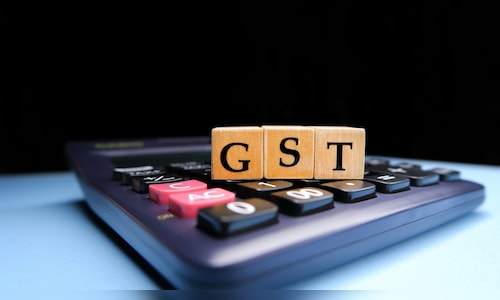

| Company | Value | Change | %Change |
|---|
Let us explain the major change in detail.
The updated versions of the e-Way Bill and e-Invoice Systems will be effective from January 1, 2025. One of the major key changes includes the implementation of Multi-Factor Authentication (MFA). Currently, MFA is mandatory for taxpayers with an annual aggregate turnover (AATO) exceeding ₹100 crore and optional for those with an AATO exceeding ₹20 crores.
From now onwards, MFA will be made mandatory for GST traders with a turnover of more than ₹20 crore from January 1, 2025. Additionally, it will apply to businesses with a turnover of more than ₹5 crore from February 1, 2025 and to all other taxpayers and users from April 1, 2025.
“Starting 1st January 2025, MFA will become mandatory for taxpayers with AATO exceeding ₹20 crores, from 1st February 2025 for those with AATO exceeding ₹5 crores, and from 1st April 2025 for all other taxpayers and users,” the advisory read.
This move aims to prevent fake billing and tighten security in the GST system. As part of this update, the Electronic Way Bill (e-Way Bill) system will also change. From 2025, e-Way Bills will not be generated within 180 days of the challan date and extensions will be limited to 360 days from the challan date.
The e-Way Bill is a digital document required for the transportation of goods worth ₹50,000 or more. It is a unique 12-digit number generated online on the GST portal or e-Way Bill portal. It is prepared online on the GST portal or e-way bill portal. The e-Way Bill is mandatory for the movement of goods through road, rail, air, or waterways.
Vehicles and goods can be seized in the absence of an e-Way Bill, also a fine of 10% of the value of the goods or ₹10,000, whichever is higher, will be imposed. If the e-way bill is not available, then this can lead to delays in transporting goods.
(Edited by : Sudarsanan Mani)



